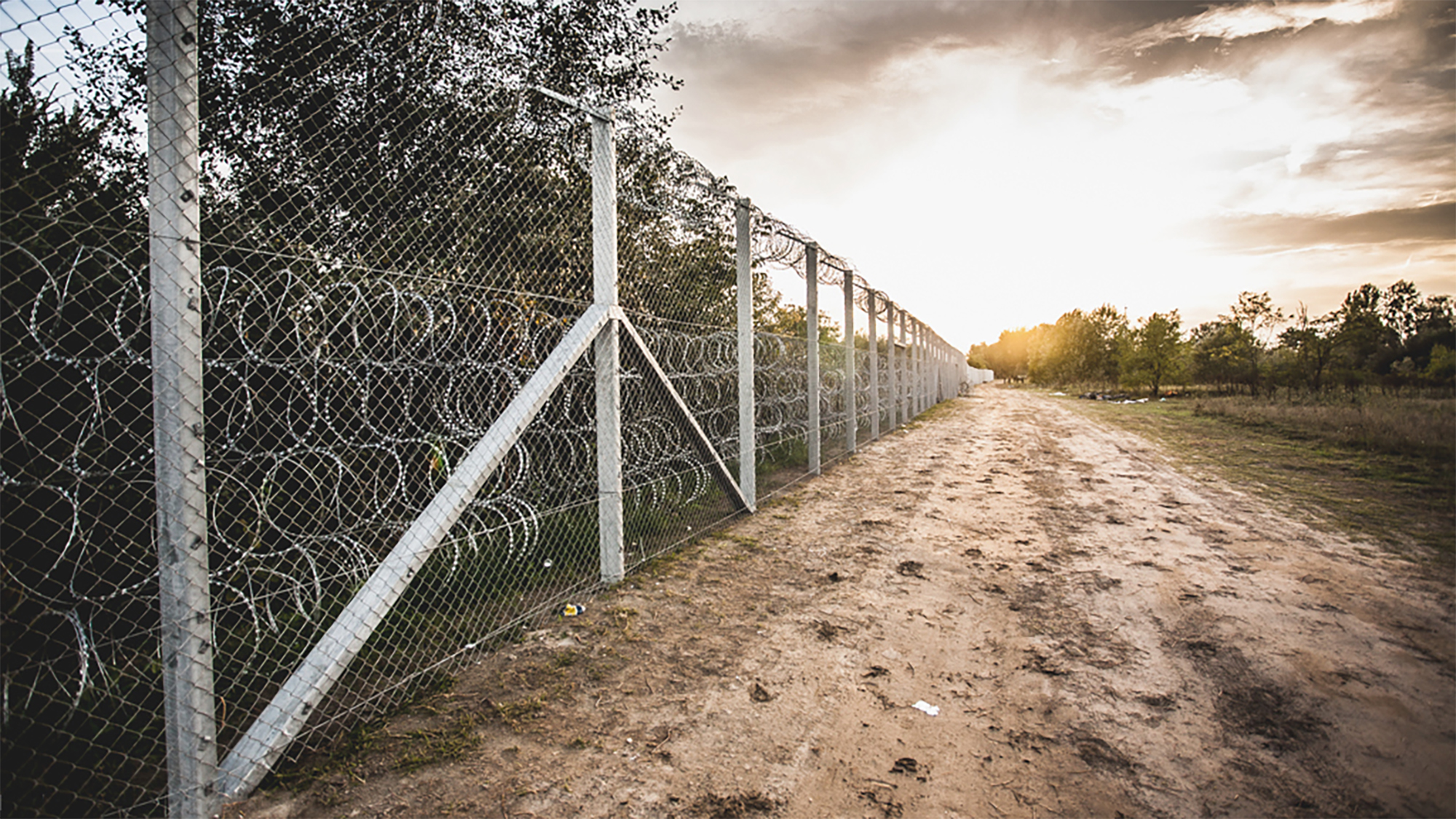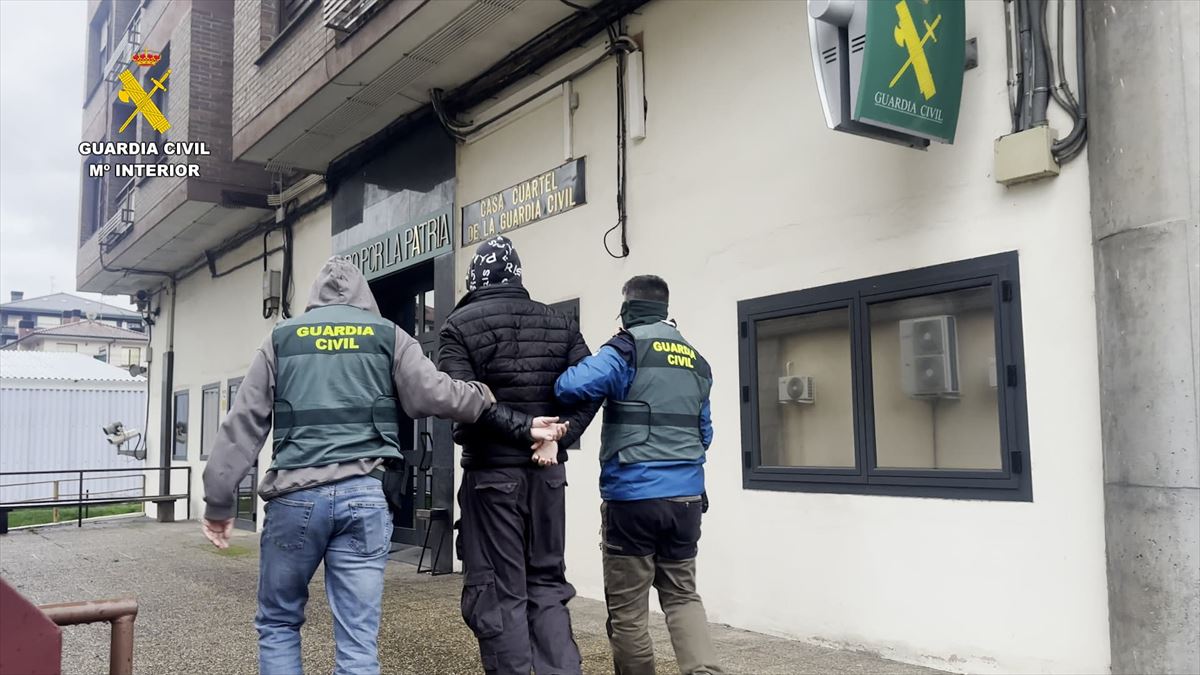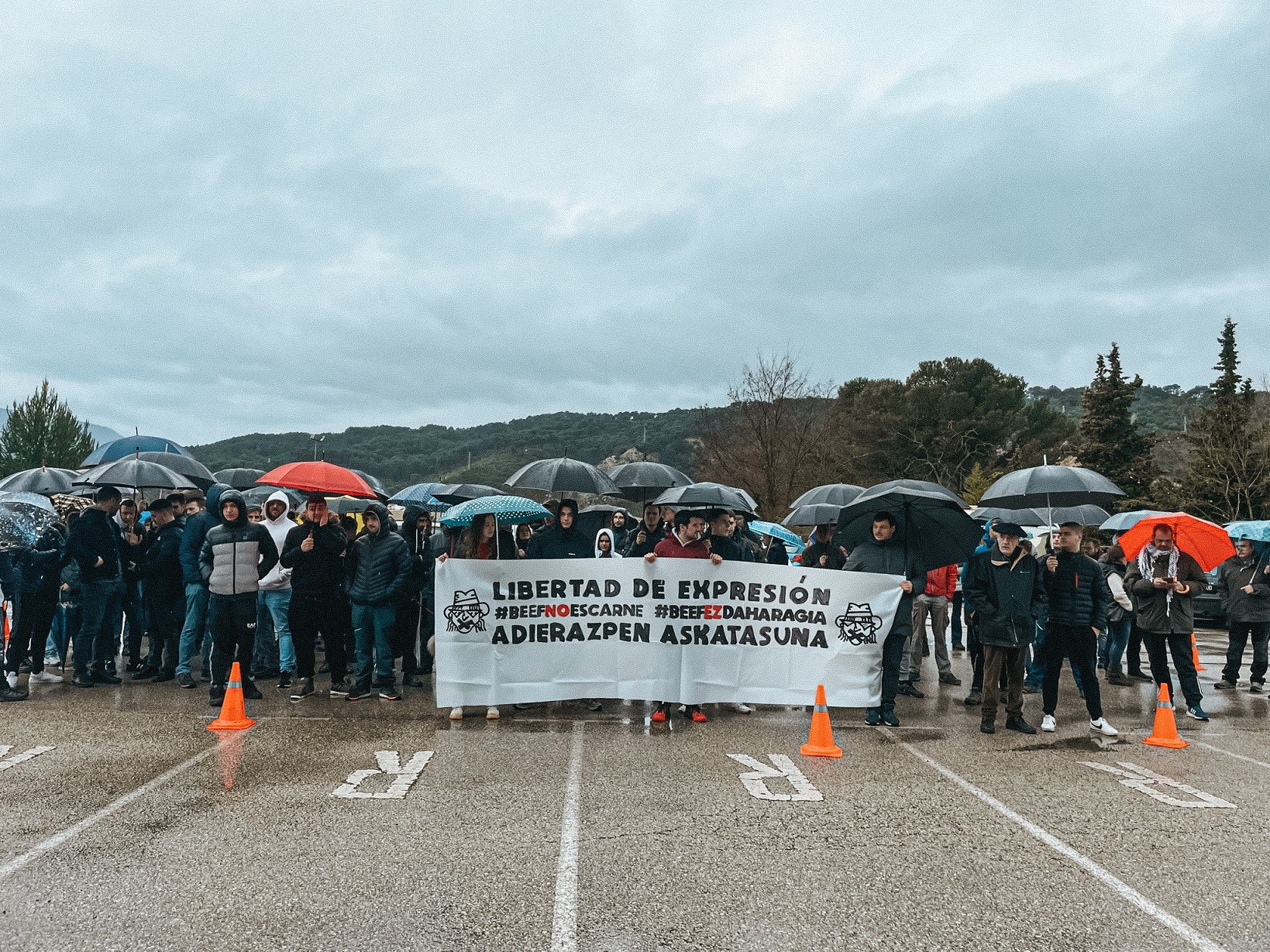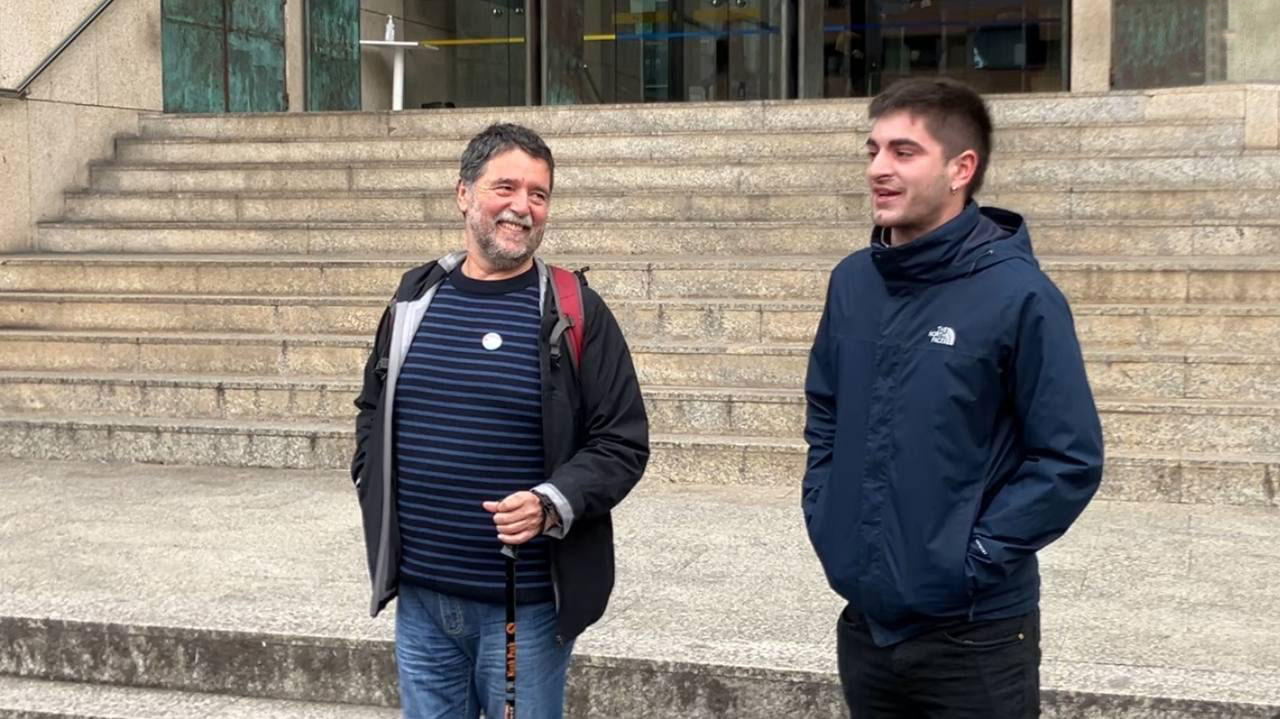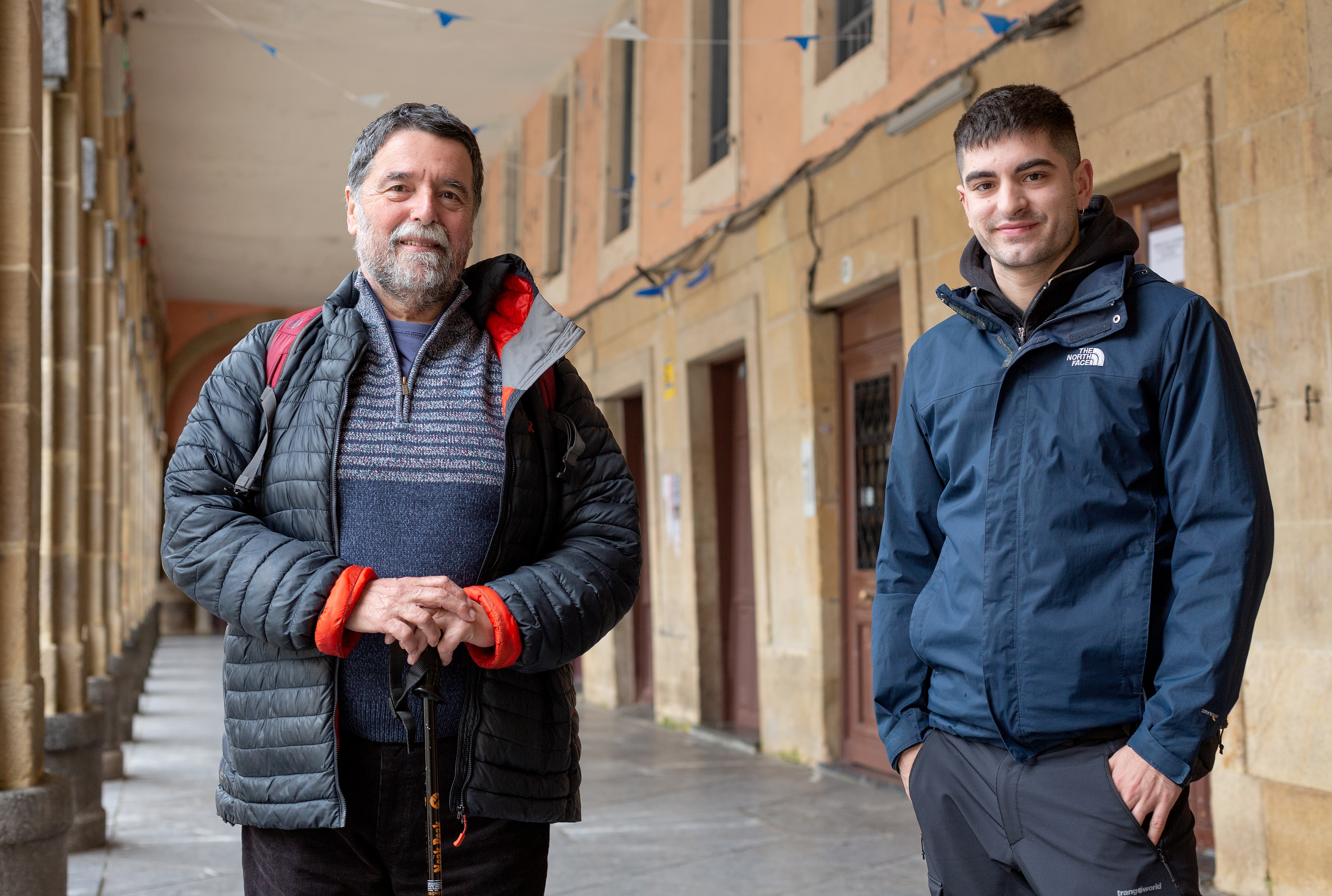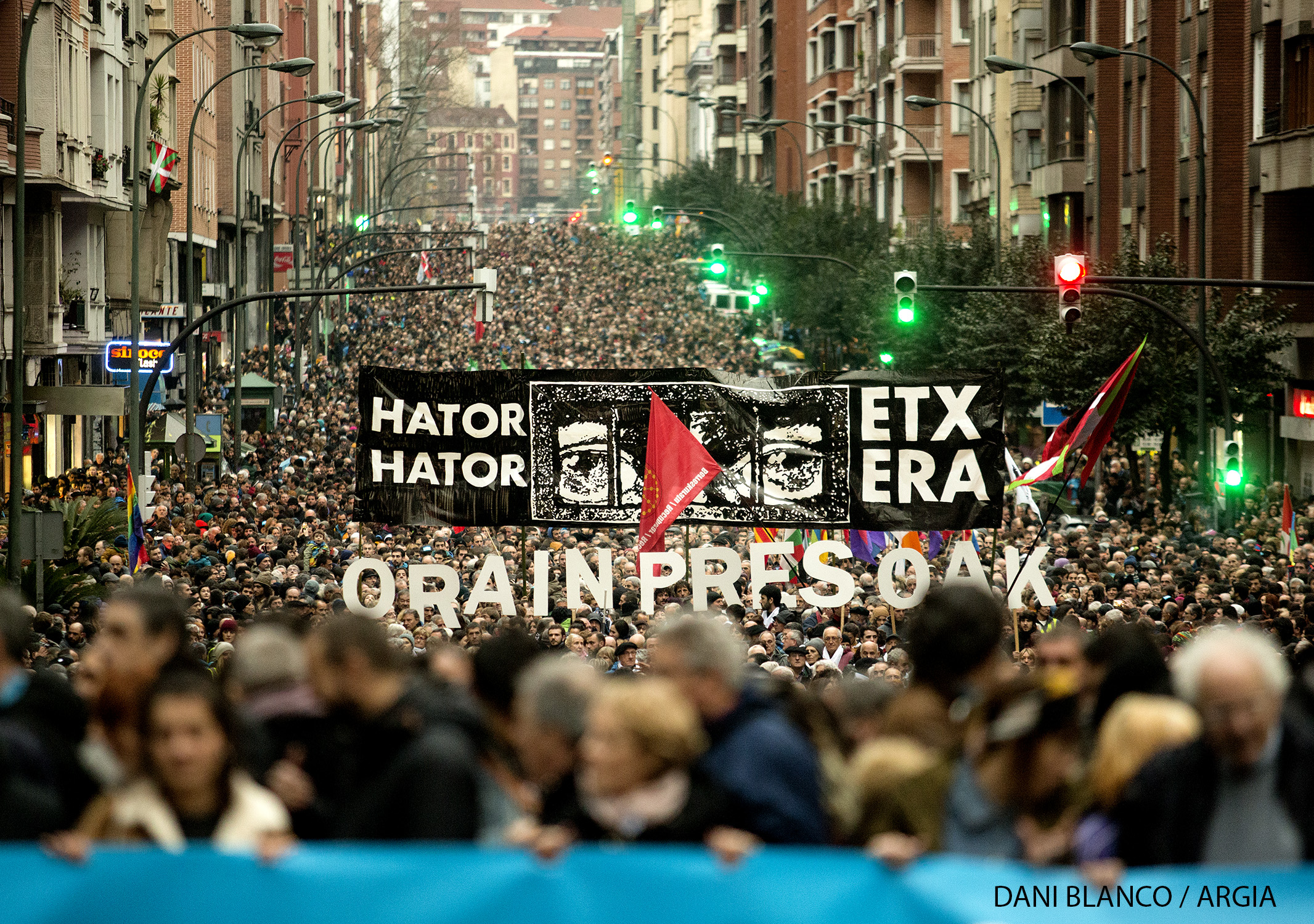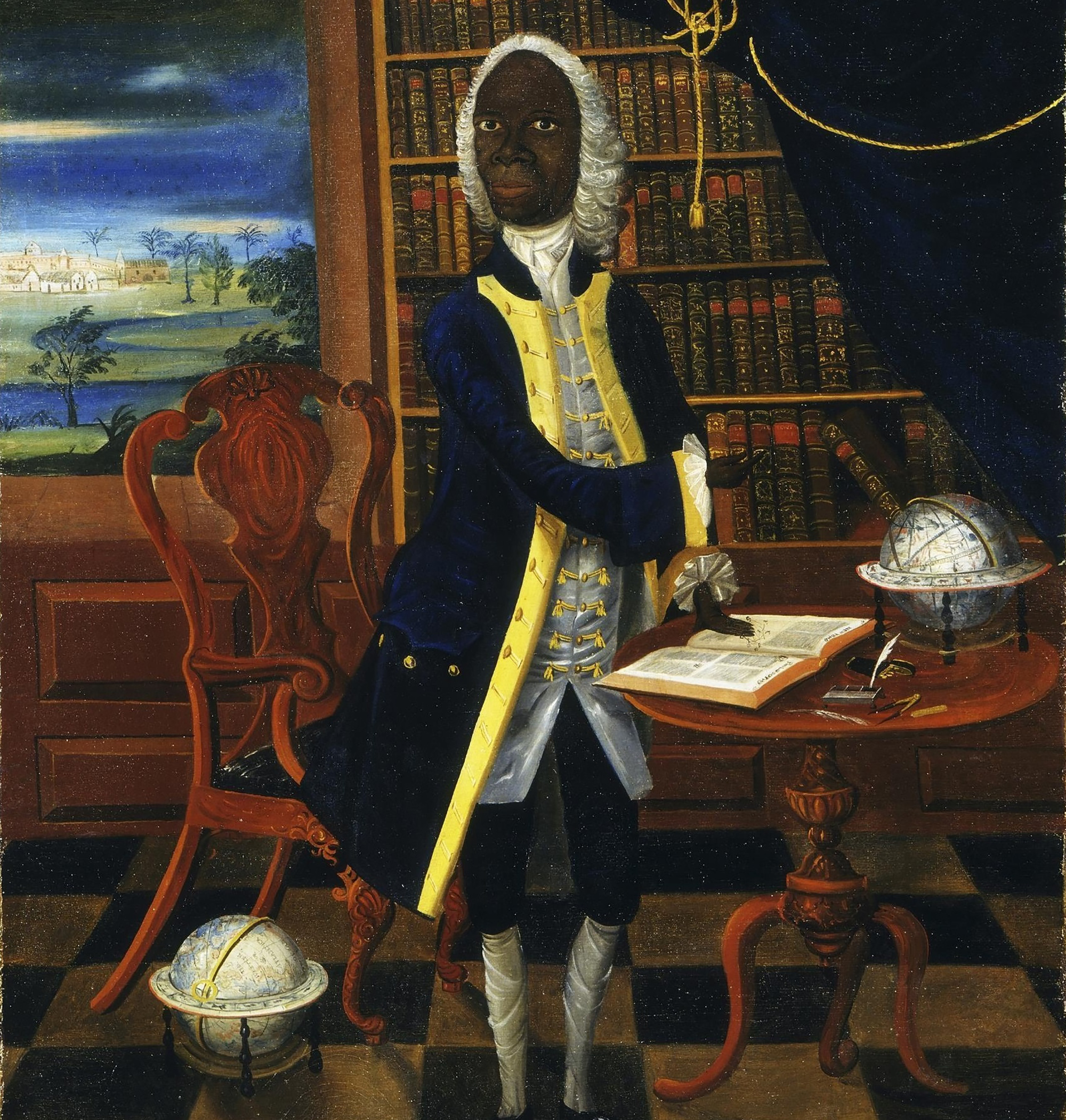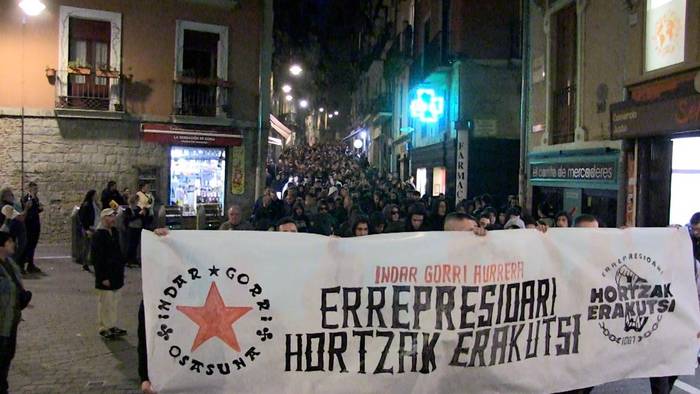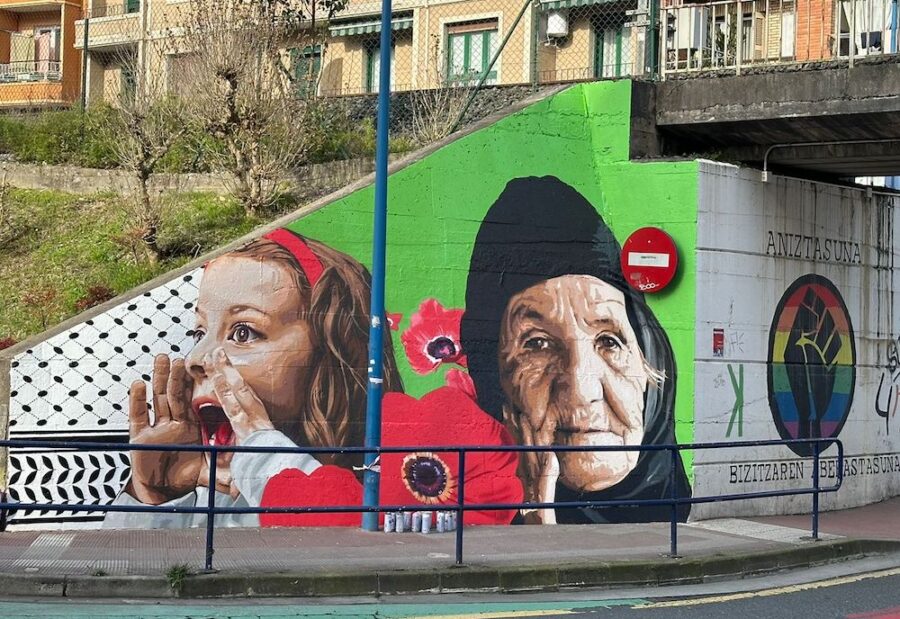They denounce BBVA's responsibility for the killing of the Ilisu dam of Kurdistan
- The dam has flooded the city of Hasankeyf, at least 12,000 years old, and many towns in the area and has left thousands of people homeless. The anti-BBVA platform has lamented the bank’s responsibility for financing this project.

In the heart of the Tigris River, a major old town in Mesopotamia has survived to this day in the present Turkish Kurdistan. So far. Recep Tayyip Erdofabrian’s government has built a large dam in the Ilisu Valley and has flooded these days the city of Hasankeyf, of incalculable historical value. Some experts estimate that it is 10,000 years old and another 12,000 years old when it comes to the establishment of this settlement in northern Kurdistan.
The project is old, but the alarm and emergency calls opened last year to the international community, as in July 2019, once hasty, the area began to flood. On this occasion, they launched a worldwide campaign in their defence. Not only the cultural massacre, but also the ecological damage, which Turkey has already designated as the Natural and Human Conservation Area, which in addition to this city has flooded 85 other villages in the area.

According to the support platform for the city of Hasankeyf, the Turkish Government has forced the migration of between 40,000 and 70,000 people, for whom it has built only four camps, without many being compensated for it.
According to this platform, water had already reached downtown Hasankeyf by the end of December, but many families still remained in the old part because they did not know where to go. Other families have suffered the decline of tourism, the main source of income and work, as the city castle is completely surrounded by a ugly wall to prevent water from being eaten and construction works have torn down the old market, despite 2,000 years of archaeological remains.
BBVA's "Macro-yields"
The interests behind the Iliú swamp are not limited to the Turkish country. The platform against BBVA has denounced the bank's responsibility for the massacre it has suffered. As explained, in 2001 the banks of the United Kingdom and in 2009 the banks of Germany, Switzerland and Austria dismissed the financing of the project because it was going to cause serious damage, while BBVA has not retracted or questioned because, according to the platform, "this macro-project will bring benefits".

As you have explained, BBVA "has made a determined commitment to settle in Turkey through the Guarantee Bank" and its participation in the Ilisuko project will be a government aid. Turkey will use this prey and others from Kurdistan to control neighbouring countries through water, rather than by the need for energy, it is said.
BBVA’s performance has not only been questioned by this swamp of Kurdistan, but has also been censored in Colombia and Dakota for its similar behavior: "What ethical value is there in all of this? ". Thus, the platform has called on the citizens to participate in campaigns and actions against the bank, specifically in the protest of the general assembly to be held on 13 March in the Euskalduna Palace.
This year marks the 51st anniversary of the United Nations proclamation of International Human Rights Day on 10 December. This date has become important in Euskal Herria and the Human Rights Observatory of Euskal Herria wants to offer some elements of reflection.
Progress on... [+]
Our rights, our future, now! Under the motto, the International Day of Human Rights commemorates the legacy of 76 years. The aim of the day is to promote the construction of a more peaceful, egalitarian and sustainable world. However, while progress is being made, we are faced... [+]
London 1928. At the Victoria and Albert Museum there was a very special painting: in the painting there is a black man, with wig and Levite, surrounded by books and scientific instruments. Thus it was catalogued in the Museum: “Unique satirical portrait representing a failed... [+]








